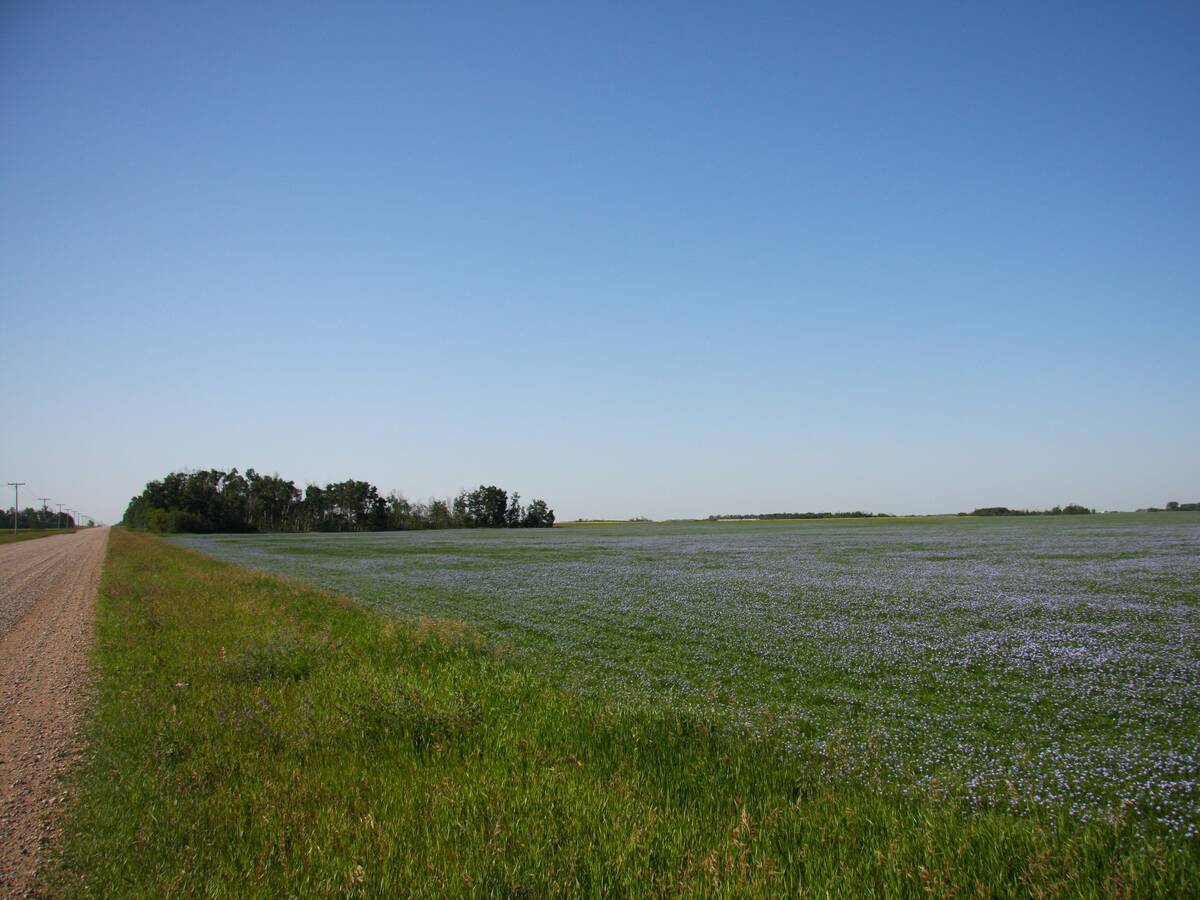Canada’s record in food safety is one of the best in the world, although a poor traceability system hurts its ranking, says a new study.Sylvain Charlebois, associate director of the Johnson-Shoyama Graduate School of Public Policy at the University of Regina, ranked Canada fourth in food safety systems among 17 of the world’s richest nations.“Canada is one of the best-performing countries in the 2010 Food Safety Performance World Ranking study,” Charlebois wrote in a report published last week with Glenn MacKay.“Its overall grade was superior, earning it a place among the top-tier countries.”However, Canada ranked poorly in the food traceability category – worse than in Charlebois’s first food safety report in 2008. It was also just average in the biosecurity category, which includes chemical use and development of a strategy for bio-terrorism.He said improvements to the national traceability system that federal and provincial agriculture ministers promised last year could push Canada to the head of the class, supplanting Denmark as the country with the highest score.The report called Canada’s live animal traceability system “regressive” compared to other countries in the survey.“The CFIA (Canadian Food Inspection Agency) system covers live animals and is therefore not comprehensive covering all food products, nor does it consider food along the entire farm-to-fork continuum,” it said.The report noted that CFIA, the provinces and industry are working on a more comprehensive traceability system.“While this system is not yet on-line, an improvement in this category would be an absolute improvement and could … have a huge impact on the country’s overall grade and world ranking. If Canada were to increase its relative performance in traceability and management from poor, it would be at the top of the world food ranking.”Charlebois ranked the 17 countries based on their food safety performance on consumer affairs (connecting with consumers on food safety issues), biosecurity (risk to food safety including chemical use and bioterrorism policies), governance and recalls and traceability.The survey didn’t include the presence of genetically modified content in food.“When the project was originated, no conclusive evidence suggested that GEOs (genetically engineered organisms) posed a health threat to consumers.”The report gave the CFIA a rare pat on the back.“Governance and recalls was Canada’s best comparative performance,” it said. “It earned the highest grade and ranking largely thanks to the CFIA. In each of the individual metrics, the CFIA performs very well compared to its international peers.”The Charlebois report said Canada’s biosecurity performance is merely average.Since the 2008 report, per-hectare use of pesticides has declined and Canada’s ranking has improved.“However, Canada did not perform as well in the new bioterrorism strategy metric,” the report said.“While it does have a bioterrorism strategy, this policy was only good enough to earn the country a comparative grade of moderate.”Although not mentioned in the report, one area on the bioterrorism file that Ottawa has failed to respond to is a long-standing call from agri-retailers for money to help them better secure fertilizer supplies that can be used in bomb-making.Charlebois said Canada’s high ranking in food safety is a boost for the food industry.“Canada’s performance, especially compared with the United States, is very important to its agricultural industry,” the report said.“Good food safety programs can help assure Canada’s trading partners that its food exports are safe.”Canada’s fourth place ranking was up one position from 2008. It tied with the United States, which rose from seventh to fourth.
Read Also

Farmland advisory committee created in Saskatchewan
The Saskatchewan government has created the Farm Land Ownership Advisory Committee to address farmer concerns and gain feedback about the issues.














